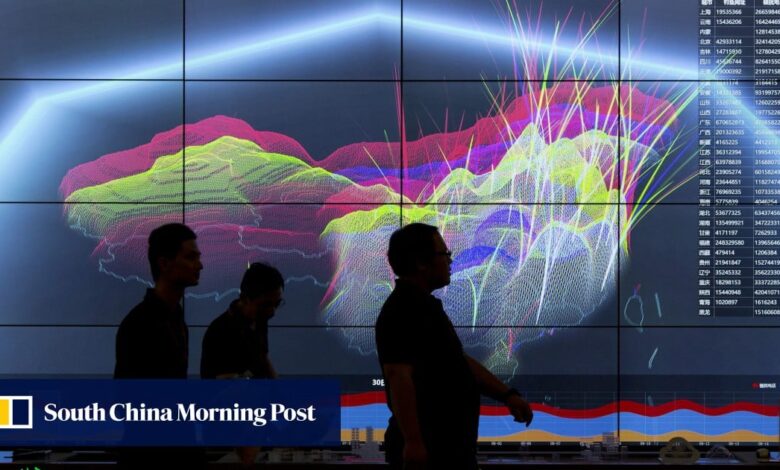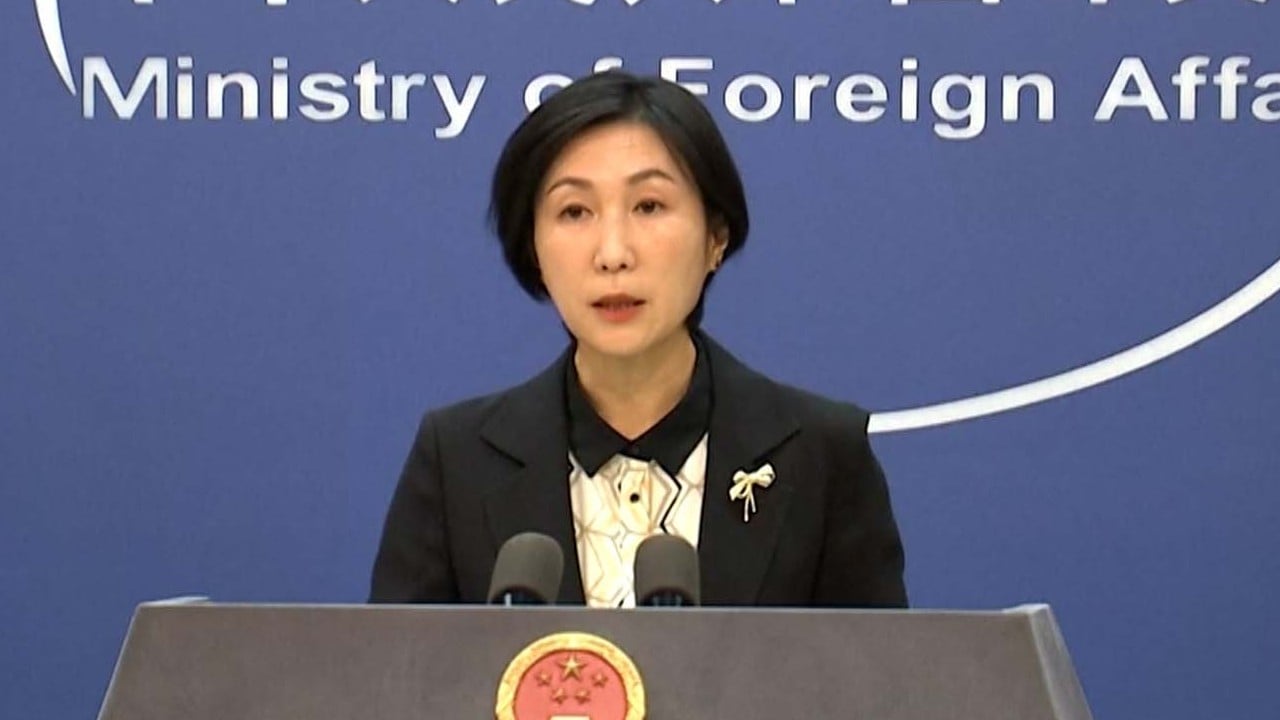From AI to to data leaks, cyber dangers threaten China’s infrastructure, state security chief warns

[ad_1]
“Our biggest hidden risk is that our critical basic information infrastructure can be vulnerable to attack,” Chen wrote in the article “Strengthening National Security Governance in the Digital Era”.
“Our finance, energy, electricity, communications and transport operation networks have become key targets of cyberattacks from outside the country.
“There would be dire consequences such as transport disruptions, chaos in financial markets, and paralysis of electricity supply if these systems were hacked, taken over, tampered with or sabotaged.”
He also warned that Communist Party organs, government departments such as national defence, military enterprises, and research institutions faced increasingly frequent cyberattacks that were “of scale, organised and persistent”.
“[We face] serious hidden risks of data losses that may also endanger the safety of our core personnel and the security of technologies,” he said.
The most prevalent hazard, according to Chen, was that the internet has become a rumour mill.
“Even a small incident can become a hurricane of public opinion. Rumours can easily turn a storm in a teacup into a tornado in society in real life,” he wrote.
“With the development of the internet and digital technology, managing the security of data resources has become more difficult and mass data leaks have occurred repeatedly, threatening national security, social and economic operations and the rights and interests of individuals.”
“The AI deep fake, and blockchain, among other technologies, provide hidden ways and channels for the generation and dissemination of political rumours and harmful information,” he said without citing examples.
“The development of satellite internet technology has posed a real threat to China’s network defence system.”
In a veiled reference to the United States and its allies, Chen said a major contest was under way in cyberspace between great powers, with Western countries using policy tools such as export controls, security vetting, and restrictions on exchanges to “build walls and fences, decouple and cut off supply chains in every possible way against our country”.
“The most significant weakness lies in our reliance on others in some core technologies,” he said, saying self-sufficiency in areas like advanced chips, basic protocols, AI and telecommunication equipment had become a matter of national security and strategic interest.
[ad_2]
Source link







